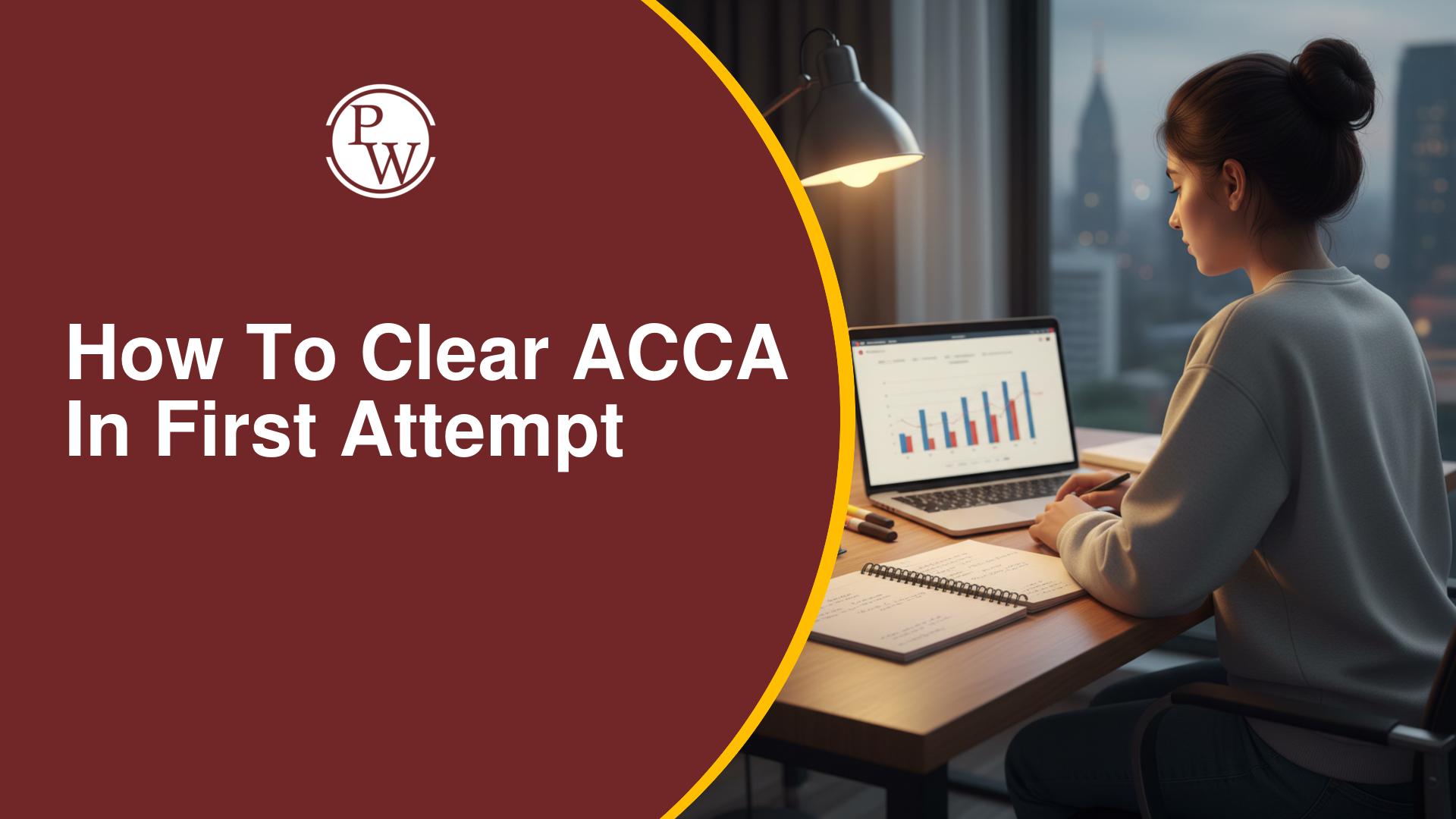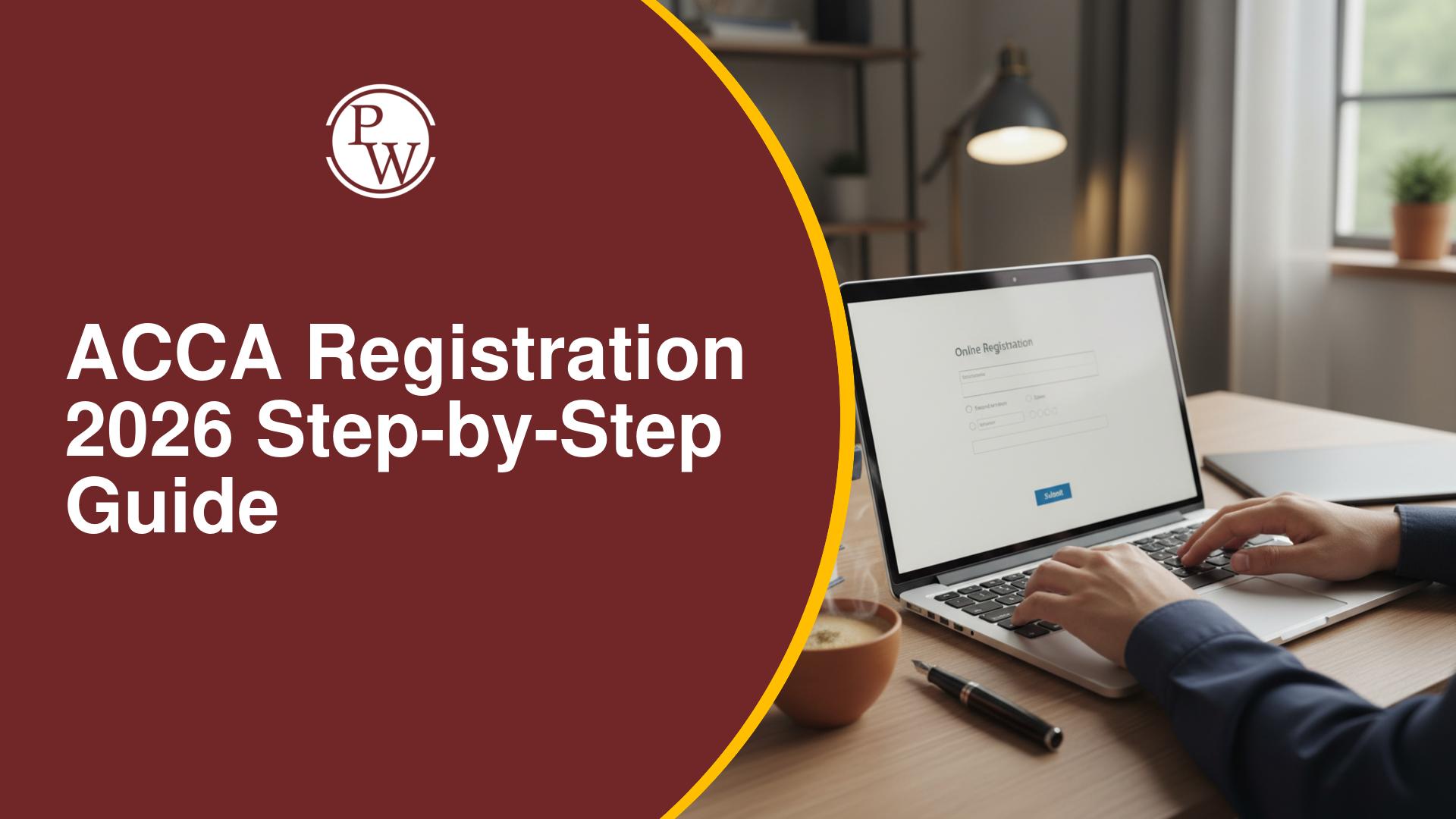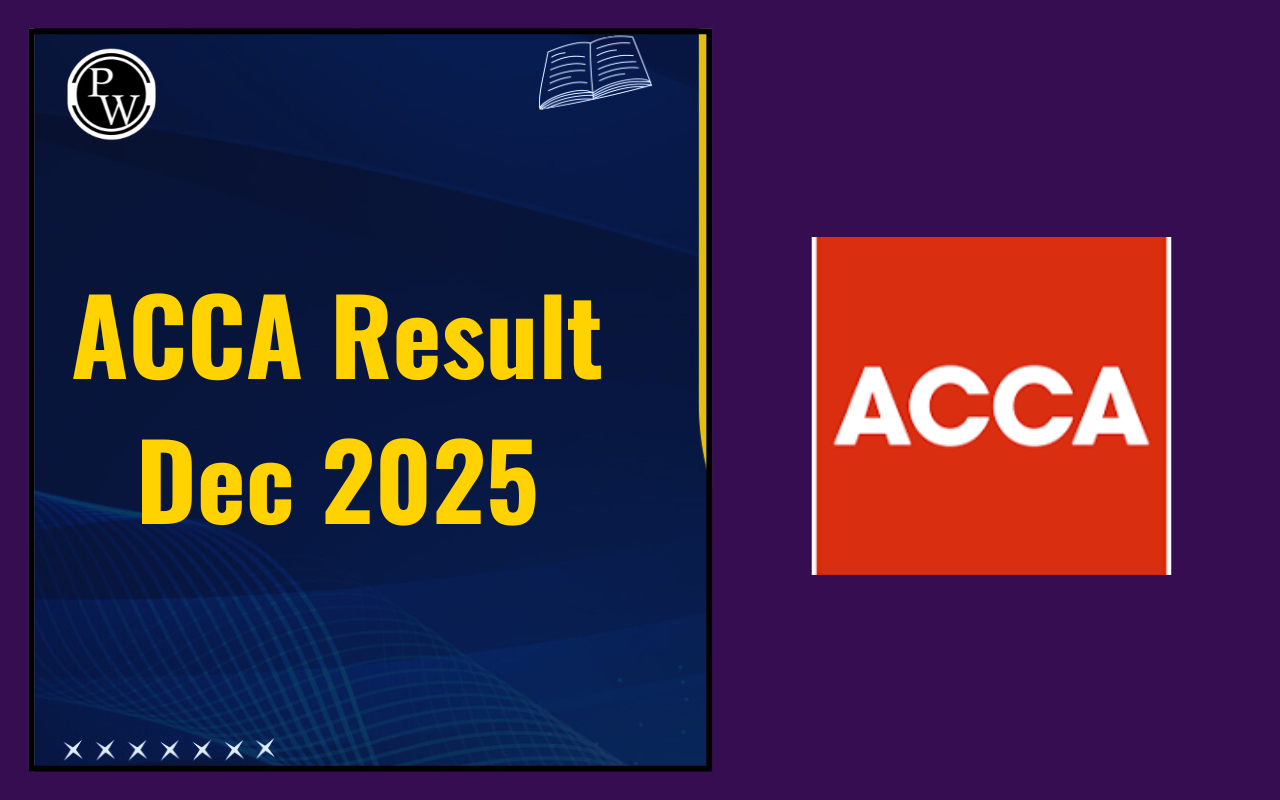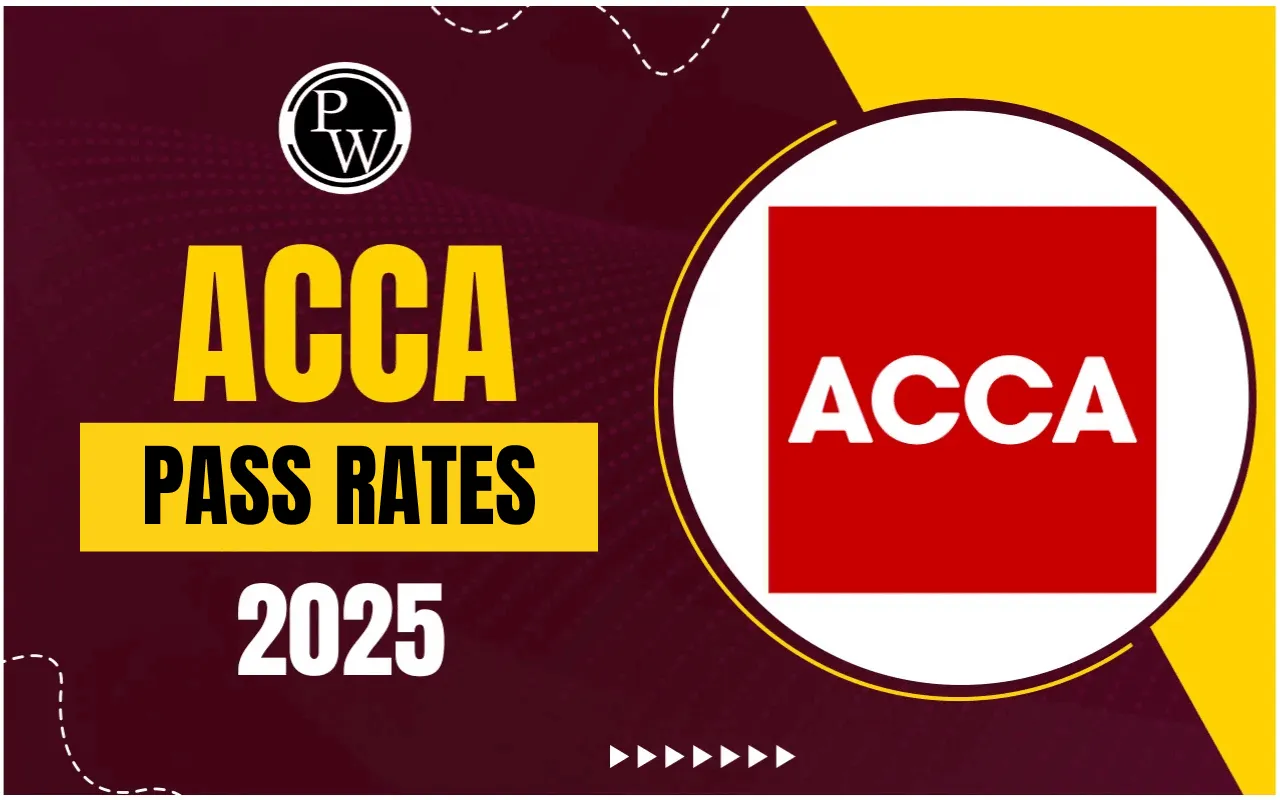
The ACCA (Association of Chartered Certified Accountants) is a globally recognized accounting qualification that allows you to work as a Chartered Accountant in over 180 countries. Governed by a prestigious UK body, this course is highly respected and in demand worldwide. The ACCA program is divided into three levels: Knowledge, Skills, and Professional.
Compared to the Indian CA or US CPA programs, the ACCA offers greater flexibility. You have the option to appear for exams at your own pace, gain exemptions, and accumulate the required work experience. While the ACCA course is moderately challenging, it is a valuable qualification for those seeking to build a successful career in accounting. To understand more about the ACCA's difficulty level and how to pursue it, here’s a detailed guide on becoming an ACCA.
ACCA Qualification
ACCA (Association of Chartered Certified Accountants) is a globally recognized accounting qualification accepted in over 180 countries. This UK-based course can typically be completed within one to two years, depending on your learning speed and the exemptions you earn.
The ACCA program covers essential accounting concepts such as taxation, auditing, strategic business reporting, and financial reporting. With a curriculum focused on global accounting practices, ACCA prepares candidates to become skilled, internationally recognized Chartered Accountants.
How Difficult is ACCA?
The difficulty level of ACCA varies across its three levels, with each bringing unique challenges.
1. Applied Knowledge Level
This level is relatively straightforward and is often considered the easiest. The syllabus covers fundamental concepts that form the building blocks of accounting and finance. High pass rates, such as 82% for Business and Technology (BT), reflect the manageable nature of this stage. However, it still demands consistent effort and focus.
2. Applied Skills Level
As you progress to the Applied Skills level, the complexity increases. Subjects like Taxation (TX) and Financial Reporting (FR) introduce detailed concepts and require practical application. Pass rates here average around 40-50%, indicating moderate difficulty. The key to success lies in understanding the concepts deeply and practicing extensively.
3. Strategic Professional Level
The Strategic Professional level is where ACCA becomes significantly challenging. With pass rates as low as 30-36% for optional papers like Advanced Performance Management (APM) and Advanced Financial Management (AFM), this stage demands strategic thinking and advanced knowledge. Tackling this level requires exceptional preparation and analytical skills.
Also Check: How to Attempt ACCA MCQs?
Benefits of the ACCA Qualification
The following are some key reasons why the ACCA qualification is so widely recognized and sought after:
Global Recognition
ACCA is accepted in over 180 countries, making it one of the most respected qualifications worldwide. This global recognition opens doors to career opportunities in finance, accounting, and management with employers around the world.
Comprehensive Curriculum
ACCA’s curriculum covers a wide range of subjects, including financial and management accounting, taxation, auditing, financial management, and business strategy. This well-rounded program ensures students gain diverse skills, preparing them for various roles in the finance sector.
Flexible Learning Options
ACCA offers flexibility in both study schedules and exam dates. Candidates can choose between full-time or part-time study options and can take exams at their own pace. This flexibility allows students to balance their studies with work or other commitments.
Career Growth Opportunities
ACCA provides a clear path for career advancement. As students progress through the program, they gain deeper knowledge, making them more valuable to employers and increasing their potential for higher salaries and better job prospects.
Practical Experience Requirement
To become an ACCA member, candidates must complete a three-year practical experience requirement. This ensures that ACCA graduates not only have theoretical knowledge but also practical skills, making them more effective and valuable in the workplace.
Focus on Ethics and Professionalism
ACCA emphasizes ethics and professionalism. The Ethics and Professional Skills module equips students with the integrity and responsibility needed to handle workplace challenges ethically.
Support and Resources
ACCA provides extensive study materials, online tools, and access to a global network of professionals. This support helps candidates succeed in their exams and continue to grow throughout their careers.
Diverse Career Opportunities
The ACCA qualification opens up a wide range of career opportunities across various industries, including public practice, corporate finance, the public sector, and financial services. ACCA graduates can pursue roles such as Financial Analysts, Auditors, Tax Consultants, and even CFOs.
Commitment to Continuous Learning
ACCA promotes continuous professional development (CPD) to help members stay updated with industry trends and regulatory changes. This ensures that ACCA professionals remain competitive and well-informed throughout their careers.
Affordable Qualification
Compared to other professional qualifications, ACCA is relatively affordable, making it accessible to a wider range of candidates. Additionally, ACCA offers scholarships and financial support to help students from diverse backgrounds.
These factors contribute to the growing popularity of the ACCA qualification, making it a preferred choice for aspiring finance and accounting professionals globally.
Tips to Crack ACCA Exams
The following are some tips to crack ACCA exams:
1. Plan Your Studies
Create a realistic study schedule that covers the entire syllabus. Allocate sufficient time for revision and practice.
2. Leverage Approved Resources
Use ACCA-approved study materials, including textbooks, online resources, and practice tests. These tools are designed to align with the exam’s requirements.
3. Practice Past Papers
Solving previous years’ exam papers helps you familiarize yourself with the exam pattern and manage your time effectively during the test.
4. Seek Guidance
Join coaching classes or online forums where you can interact with mentors and fellow students. Collaborative learning can enhance your understanding of complex topics.
5. Focus on Weak Areas
Identify your weak areas early on and dedicate extra time to mastering them. Regular self-assessment can help track your progress.
ACCA Easy to Crack FAQs
How difficult is the ACCA qualification?
How long does it take to complete ACCA?
What is the pass rate for ACCA exams?
Can I work while studying for ACCA?










